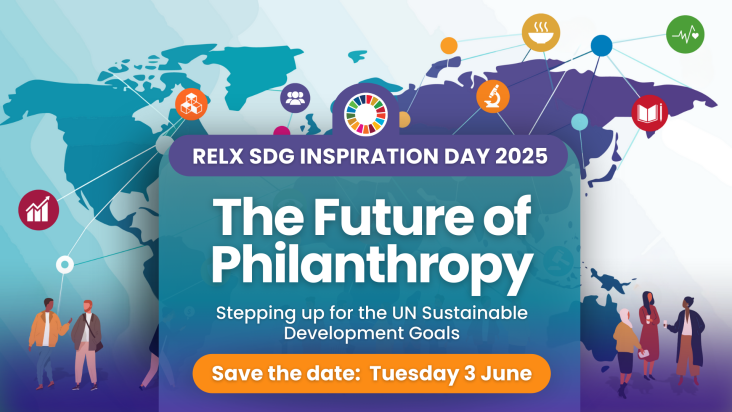
RELX SDG Inspiration Day 2025
The Future of Philanthropy: Stepping up for the United Nations Sustainable Development Goals

Corporate Responsibility (CR) starts with the positive impact RELX has on society through our products and services.
Acta Colombiana de Cuidado Intensivo, Volume 25, Issue 1, January–March 2025, Pages 150-158
This study emphasizes the critical need for culturally sensitive research and targeted interventions to address the high rates of high-lethality suicide attempts among indigenous populations, particularly in Colombia's Embera community. It highlights how understanding cultural, social, and environmental factors is essential for developing effective prevention strategies tailored to these vulnerable groups.

